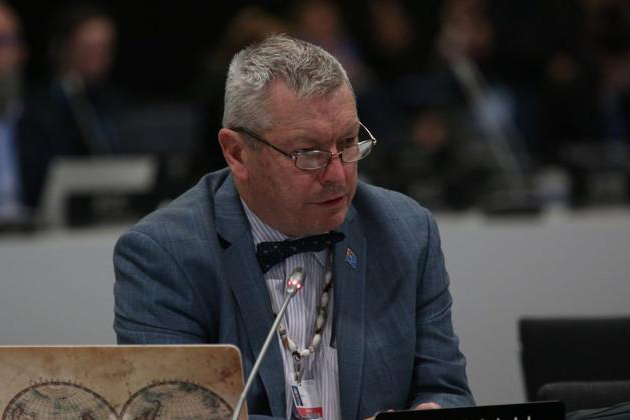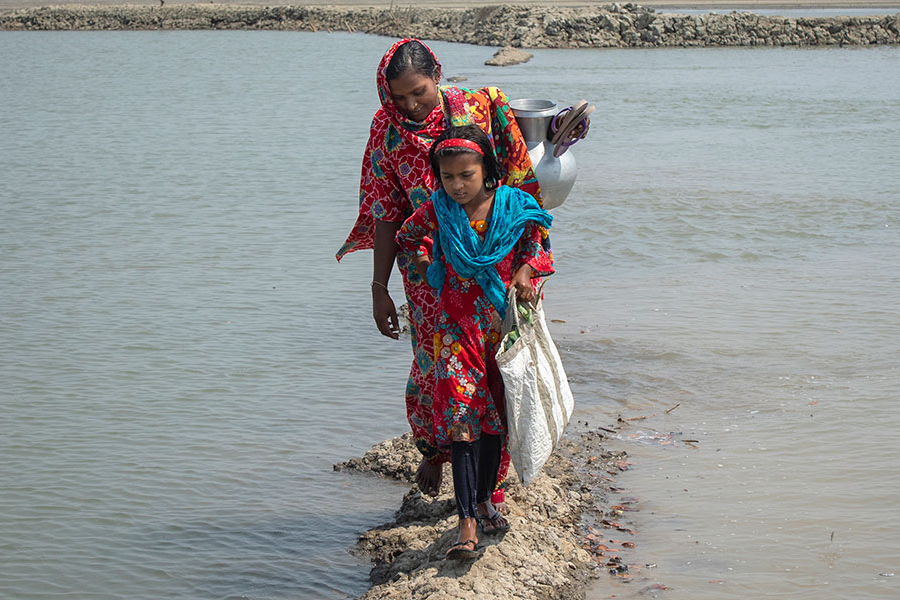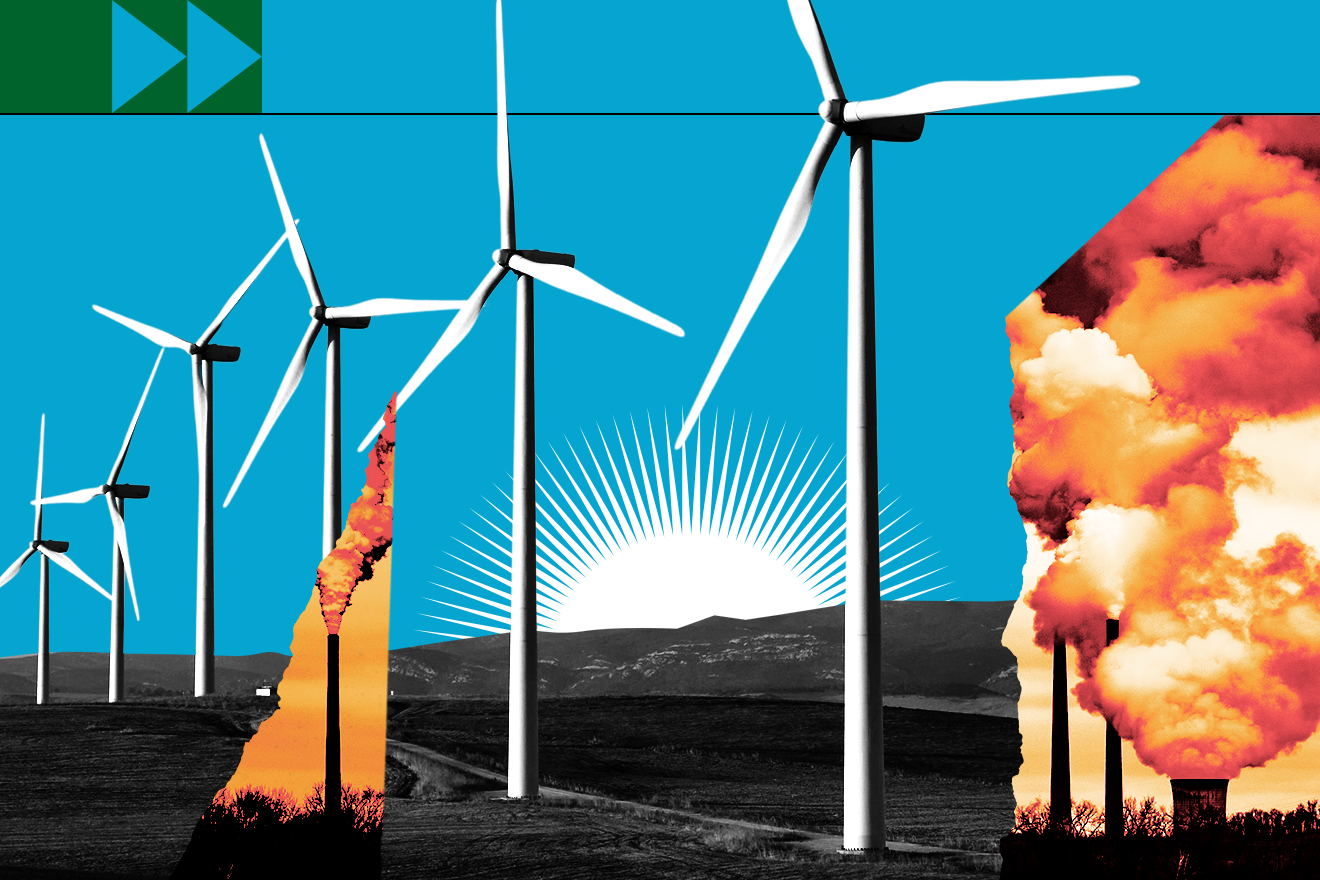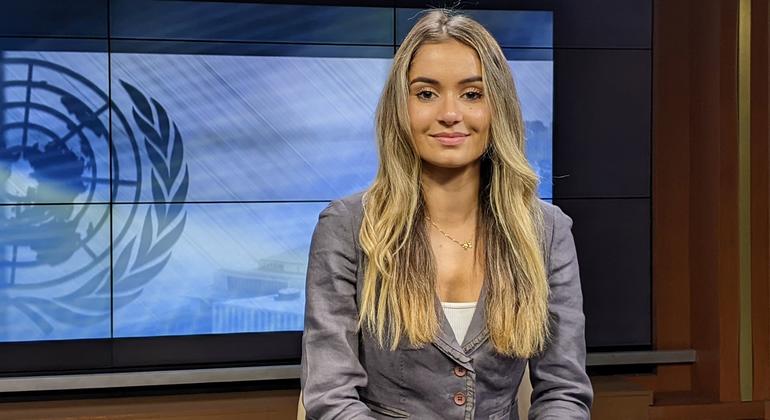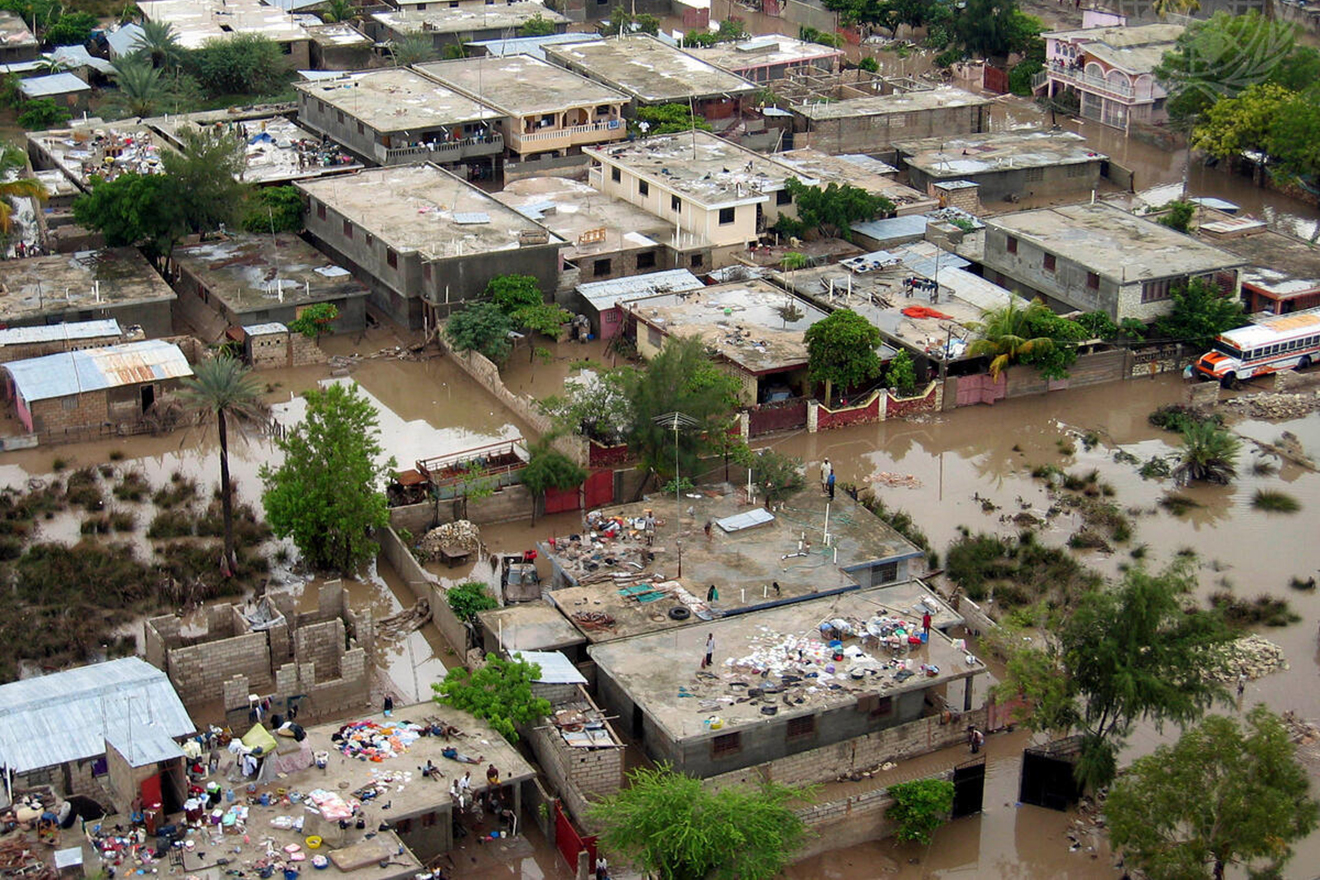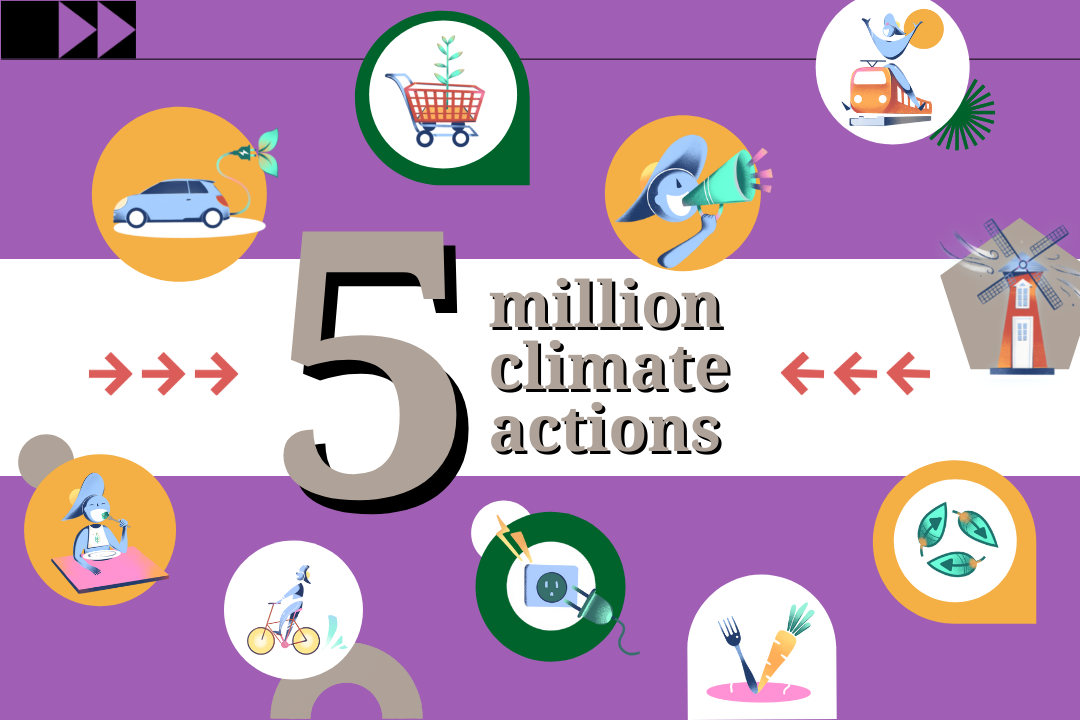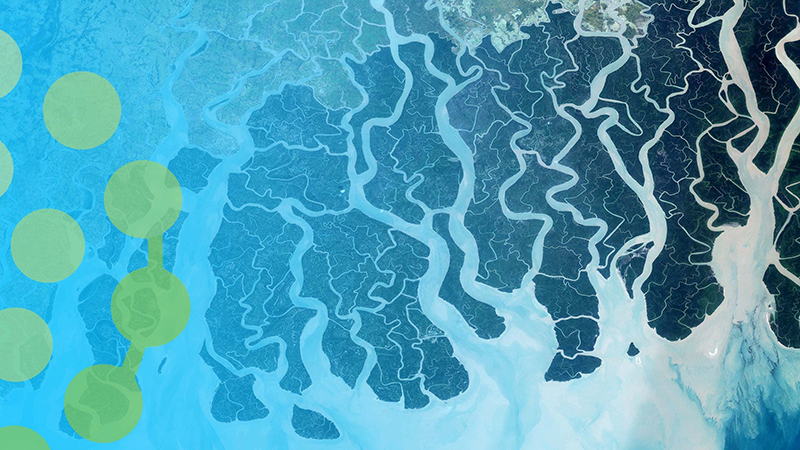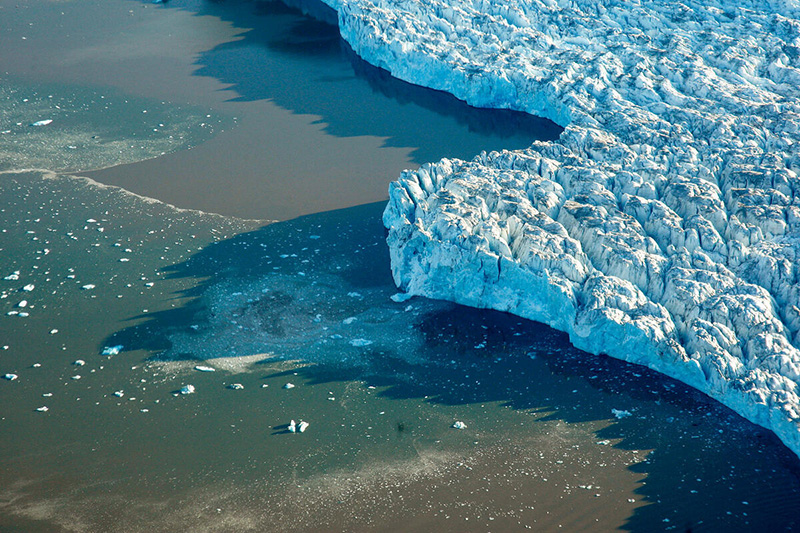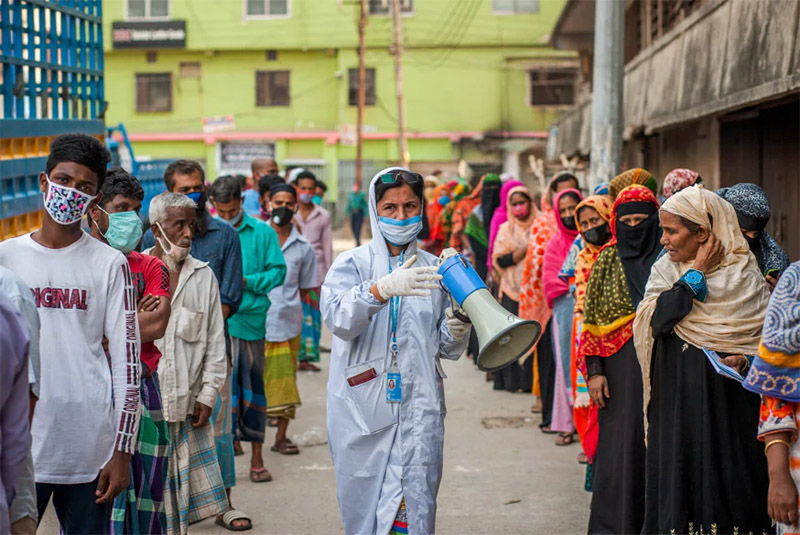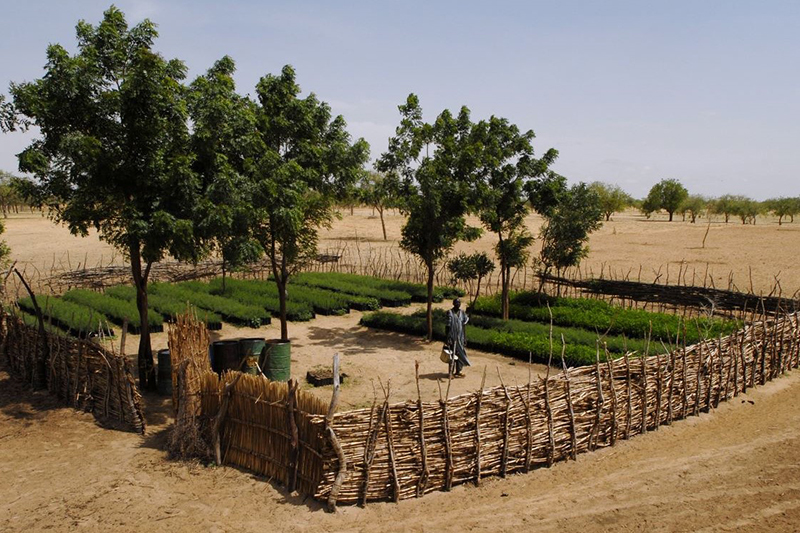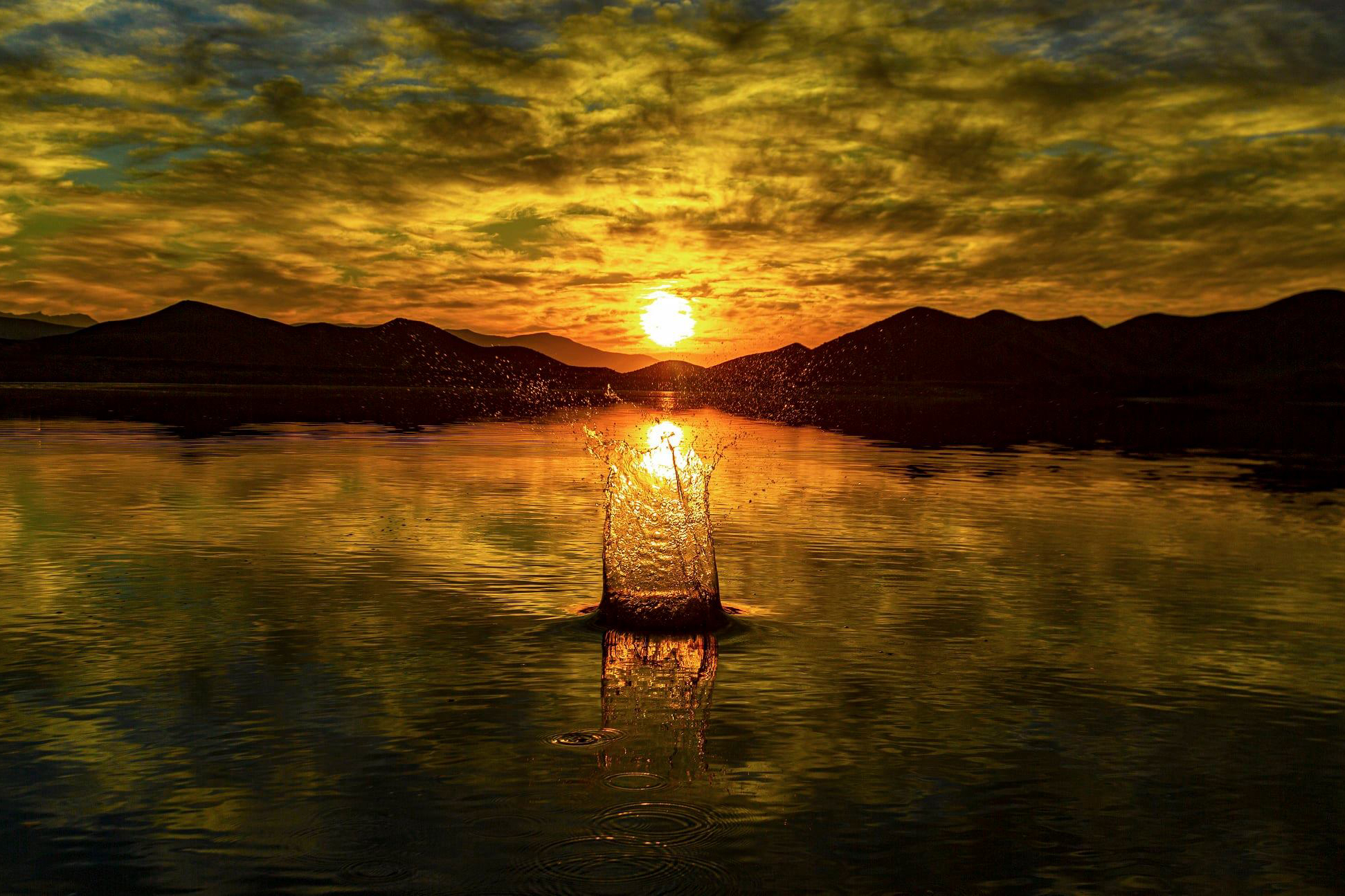Today and every day, commit to taking #ClimateAction! Here are 8 climate actions you can take for a sustainable world.
Climate
Demonstrating the wide-ranging consequences of the climate crisis, the UN Human Rights Council has appointed the first-ever Special Rapporteur on the Promotion and Protection of Human Rights in the context of Climate Change. Ian Fry, who is of Australian and Tuvalu heritage, teaches environmental policy at the Australian National University in Canberra. As UN Special Rapporteur, he will be tasked with studying how climate change affects the full enjoyment of human rights, and recommend ways to prevent these effects.
In an interview with the UN’s Julia Dean, Mr. Fry explained why the Human Rights Council created his new role.
Audio Credit: UN/ Julia Dean
Audio Duration: 7'
Photo Credit: Kiara Worth
These countries will suffer the most devastating impacts of climate change even though they’re not responsible for causing it.
Climate activist Ashley Lashley leads a movement called the HEY (Health and Environment-friendly Youth) Campaign - where she works with young people across the Caribbean to help to foster sustainable lifestyles and understand the impacts of climate change on our health - and the health of our planet. "I believe that the wealth of our nation depends on the health of our environment, and our people,” says the 22-year-old, who became a UNICEF Youth Advocate, to promote social development issues, such as health and the environment, among children and young people.
Without immediate and deep emissions reductions across all sectors, limiting global warming to 1.5°C will be beyond reach. However, there is increasing evidence of climate action, say scientists in the latest Intergovernmental Panel on Climate Change (IPCC) report released on Monday. “Climate promises and plans must be turned into reality and action, now,” the UN Secretary-General said in his statement on the report. “It is time to stop burning our planet and start investing in the abundant renewable energy all around us.”
“Go vote” is the resounding message that 20-year-old climate activist Sophia Kianni wants everyone to hear, because the only way to effect real change to slow global warming, is through better public policy, she says.
One of seven activists who make up the Secretary-General’s Youth Advisory Group on Climate Change, the young American bemoaned the failure of the US Congress to pass ‘Build Back Better’ legislation, to tackle the climate emergency.
If people want to be engaged, they need to be involved in their political processes, she told Liz Scaffidi, but she began by explaining how she took up the mantle of climate activist.
Audio Duration: 3'42"
Photo Credit: UN News/Elizabeth Scaffidi
Globally, $460 billion of value is lost each year by discarding clothes that could still be worn. The UN Environment Programme (UNEP) is implementing a three-year project funded by the European Union (EU) to develop innovative business practices and economic models in the textile value chain to help reduce environmental impact and improve livelihoods. Africa Collects Textiles is one of the first Kenyan start-ups to participate in the InTex project.
On 28 February, the UN’s Intergovernmental Panel on Climate Change (IPCC) is expected to release a major report on the impacts of climate change and why it is imperative that we act now to address the growing risks. The report, which focuses on Impacts, Adaptation and Vulnerability, will detail how climate impacts are already affecting every living thing on the planet – humans, animals, plants, entire ecosystems – in every part of the world, and how, without much bolder action to cut greenhouse gas emissions and adapt to increasing climate impacts, more lives will be lost and more livelihoods destroyed.
People everywhere are taking steps to be part of the solution to the climate crisis. More than 5 million actions have been logged through the ActNow campaign. Big, bold steps need to be taken by governments and businesses. But the transition to a low-carbon world also requires the participation of citizens – especially in advanced economies. From the electricity we use, to the food we eat and the way we travel, we can make a difference. Check out ten actions that can make an impact. Learn more about ActNow and log your actions through the mobile app.
In this episode of UNEP's Resilience: The Global Adaptation Podcast, Lis and Marcus find out about some really creative and practical solutions to the climate threats faced by coastal communities and people living on low-lying small islands. Eritai Kateibwi, from the Te Maeu Project, talks about introducing hydroponics to Kiribati so his community can grow food without monthly ‘king’ tides washing away their crops. And world-renowned Danish architect Bjarke Ingels, who specialises in climate-resilient architecture, talks about floating cities and building flood barriers that double as parks, skateboard ramps, and bike storage - drawing on a concept known as ‘hedonistic sustainability.’
We are witnessing the impact of climate change. The consequences of burning fossil fuels and deforestation have altered the global climate and the impact can already be felt. We see hurricanes, heat waves, fires, floods, droughts, and the sea level rising.
A temperature of 38°C (100.4°F) in the Russian town of Verkhoyansk on 20 June 2020 has been recognized as a new Arctic temperature record by the World Meteorological Organization (WMO).
2021 was dominated by two crises that the world could not ignore – COVID-19 and global heating. From unprecedented floods in Germany, to out of control fires in California and Greece, extreme weather increased in intensity and frequency. The pandemic laid bare other inequalities. Rich countries hoarded vaccines and poor countries went without. Global food systems struggled to cope with the twin crises. The digital divide became more pronounced; the pandemic also showed that we can change quickly, but only if we have the resources and the vision.
IFAD answers why and how the world’s poorest rural dwellers should be helped to adapt to the changing climate.
WMO has shortlisted 60 photos, based on technical and artistic merit, and published them on Facebook and Instagram, where you can vote for your favourites. They show the amazing power and beauty of our weather and our natural surrounds and illustrate the theme of World Meteorological Day 2022, Early Warning and Early Action. Winning entries will feature in the WMO 2022 online calendar.

